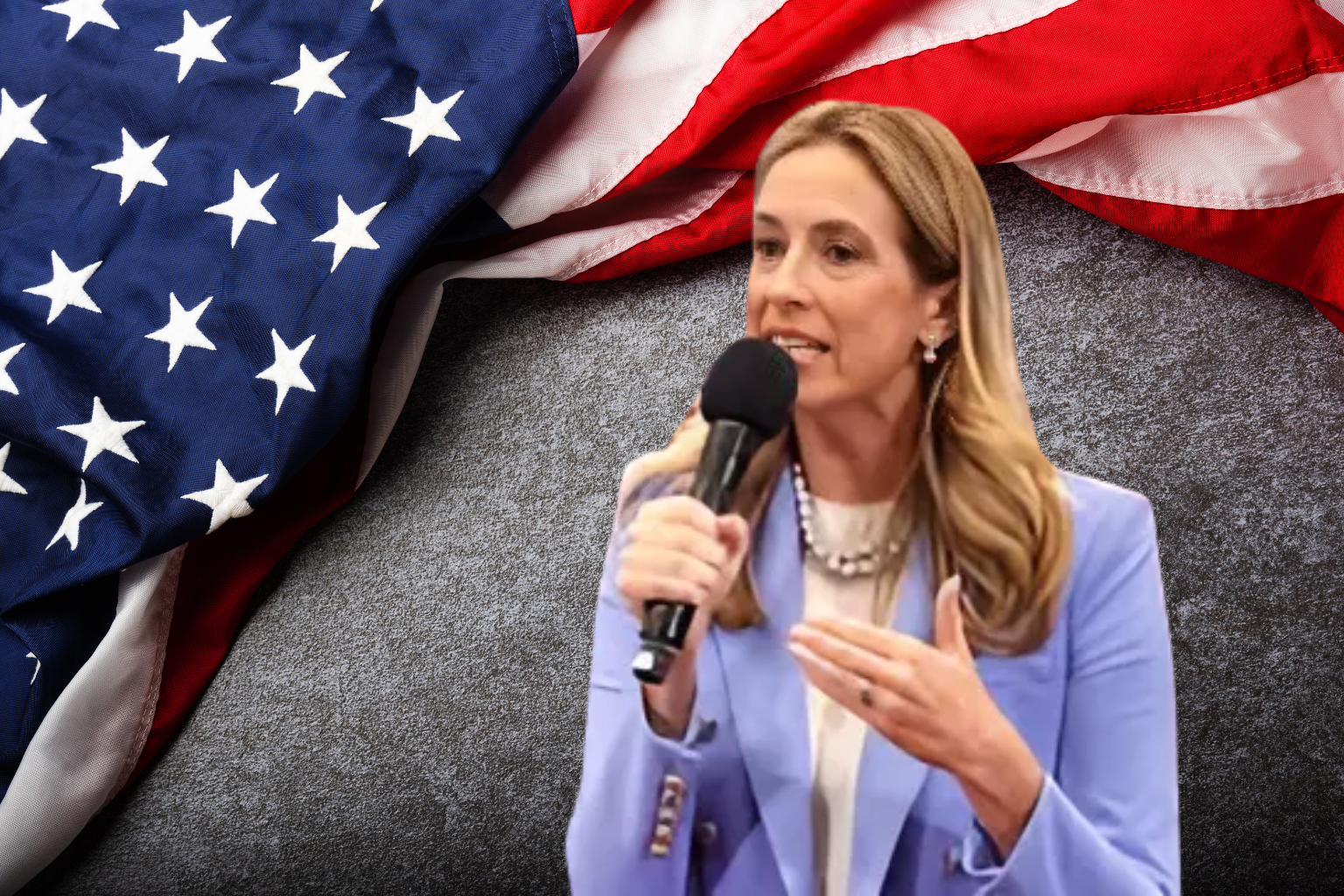Pro-Trump Influencer Faces Backlash After Accusation of Having “No Morals or Principles”

After saying that some of the political left have abandoned morality and values, pro-Trump influencer Jessica Reed Kraus is under fire. Her comments on culture, journalism, and politics has garnered strong criticism from both opponents and erstwhile admirers.
Jessica Reed Kraus, known as “House Inhabit,” mixes celebrity gossip, culture commentary, and politics on her platform. She gradually switched from lifestyle and pop-culture to politics. Her female audience, many of whom are not politically active, has responded. Influence brings scrutiny. Kraus recently stated that some leftists no longer follow ethical or philosophical criteria. Critics say she oversimplifies complex reality, pits people against one other, and promotes division.
Backlash has come from many angles. Some think Kraus is unfairly identifying broad groups based on selective conduct, while others say she is descending into partisan rhetoric and losing the depth and complexity of serious opinion. Former admirers who liked her balanced or probing manner think she’s too political.
Fans say Kraus is speaking “truths others are afraid to voice.” They defend her right to speak freely. They say mainstream media selectively covers issues and that her words challenge the status quo. She believes exposing hypocrisy holds everyone accountable, especially the left.
These events occur amid American political tensions over trust, accountability, and morality. Polls reflect growing skepticism of political institutions and media outlets, with many Americans believing both parties are breaking their moral obligations. In that climate, influencers like Kraus get attention by voicing problems many feel are disregarded. As they gain popularity, how do they balance forceful criticism with fairness, proof, and responsibility?
Kraus’s story exemplifies this. She started blogging as a lifestyle and motherhood blogger years ago. She gradually entered political and cultural commentary—celebrity trials, societal issues, political campaigns. Her tone became aggressive and divisive. She has promoted underrepresented views and angles, acquired access to political figures, and garnered visibility at campaign events. But this path also increases pressure: every assertion and criticism stands out.
The assertion that someone has “no morals or principles” resonates with many. It denotes irredeemability, moral bankruptcy, and character assassination. Opponents believe the claim overlooks context, denies growth, and may aggravate divisions. Some say moral consistency is rare because political activity is complicated by competing values and imprecise knowledge. They advise against generalizing numerous people.
This story has SEO appeal: political influencer, moral critique, social media debate, polarization, public people. Search terms like “Jessica Reed Kraus”, “pro-Trump influencer”, “morals and principles”, “political backlash”, and “partisan criticism” may be relevant. Writing and phrasing such stories carefully—context, counterarguments, no defamation—is crucial for credibility and compliance.
The uproar over Kraus’s comment mirrors bigger cultural currents: a desire for authenticity, disgust with dishonesty, and conflict between boldly expressing one’s opinions and holding oneself accountable. Whether this occurrence will permanently undermine her influence or boost it among agreers is unknown. Today’s political context makes morality and principle claims powerful—they affect people’s self-image, values, and faith in others.




